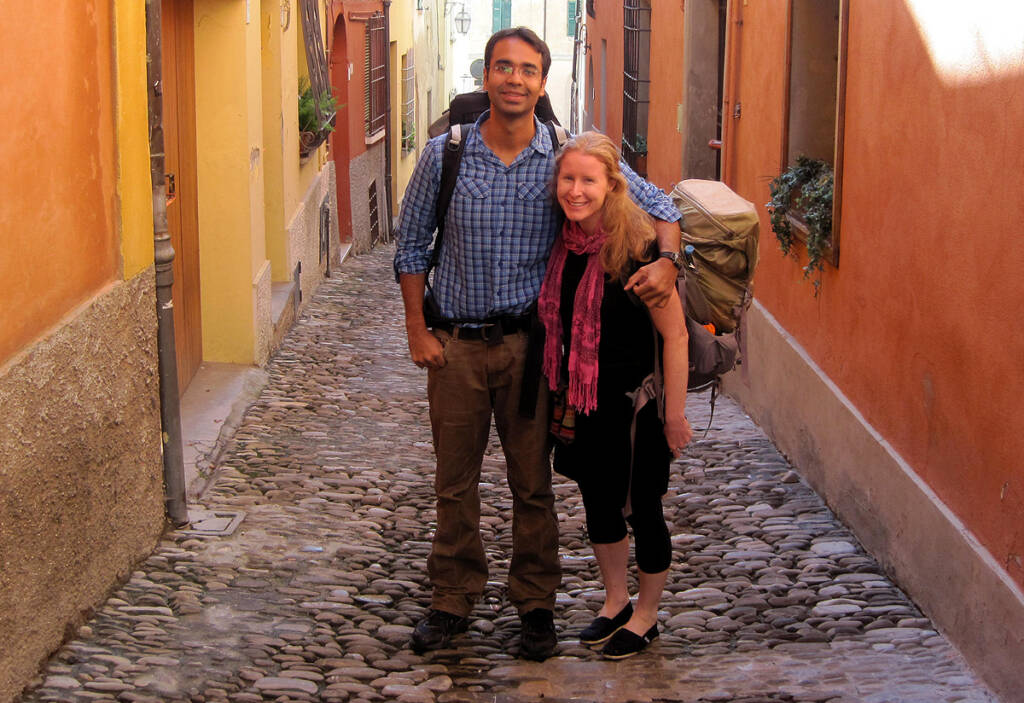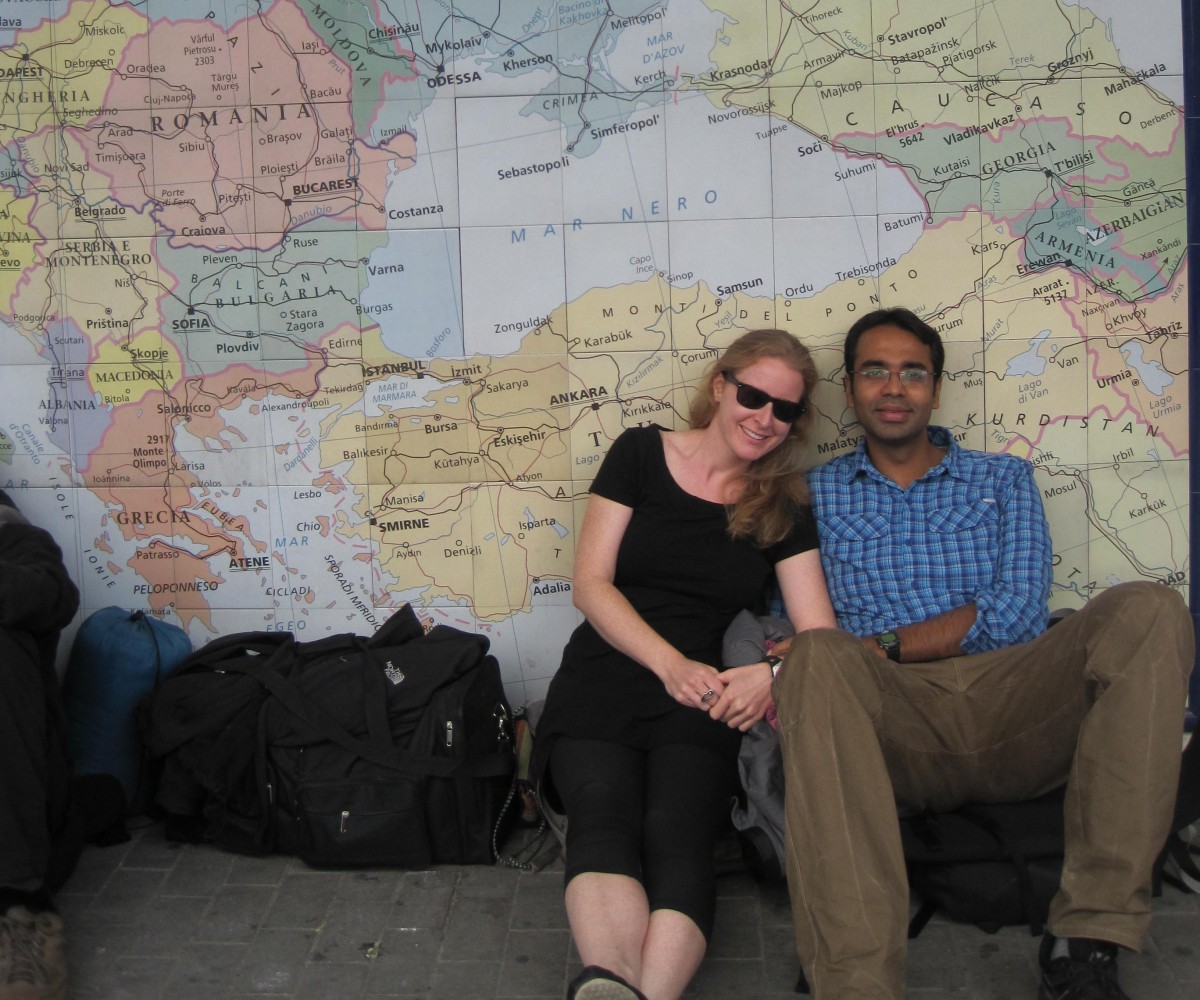My second novel, Johnny Gone Down, was optioned into a Hollywood film the same month I got my first US book deal for The Yoga of Max’s Discontent with Random House. I never wanted to be a full-time writer but I’d been reading self-help books for years, all of which advised me to leave my job to pursue my passion. I decided to quit. My manager convinced me to stay part-time. I agreed reluctantly to stay on for two days a week. Who wants to work in corporate America when you can “live your dream”?
I do.
Within three months, I wanted my job back. Because I did my absolute worst writing in that time.
For a decade, I’d been writing to get a glimpse of transcendence through my writing and answer my deepest questions for myself. I wrote Johnny to understand what success meant after a string of personal failures. The Yoga of Max’s Discontent arose from my burning need to know the cause of human suffering after my mother’s death.
In the three months I was “living my dream” as a writer, I wrote SEO friendly blogs to build my platform (I’ve junked all of them since). Instead of reading books that center me everyday like The Yoga Sutras of Patanjali and the Dhammapada, I read books on growing your e-mail list. I bought into the myth of passive income and lifestyle businesses. It was a disaster.
All insight I used to get from writing was throttled by the pressure to monetize it, a phenomenon I’ve seen with so many part-time creators who’ve gone full-time. They start with something interesting, it becomes successful, they quit their jobs, and their works get shallower and shallower, meant to establish themselves in a narrow niche rather than express the inexpressible.
Don’t buy into the cultural pressure to follow your dream and become an entrepreneur or a full-time artist if that’s not your dharma. Create without the goal to make a living of it. Experience a touch of divinity through your creation by abandoning all notions of audience, niche, platform, or other “hacks”. Here I share why you shouldn’t quit your corporate job and consider an alternate model instead:
The 4,1,4 model
Over the last decade, I’ve followed this model, first by accident, now by intent:
4 Years: Extreme goal-directed living—working at my corporate job, disciplined reading/writing/researching etc.
1 Year: Complete slack—take a sabbatical where I travel without a goal, write when I want to, meditate, work in an orphanage, create an online course, just to do it, basically allowing myself the space to just be and discover facets of myself without the constant hankering to become.
4 Years: Return to corporate/goal-directed life.
…and so on.
I’ve done this over three cycles now. I’ve traveled, deepened my writing, and learnt yoga and meditation in my sabbaticals. And each time,I’ve come back a little surprised with the output from this silence (eg, there are sections I couldn’t write again if I tried in The Yoga of Max’s Discontent because they tapped into something beyond me).
The re-entry into corporate life has been bumpy and felt uncertain each time but on the whole, I’ve moved up the corporate ladder from manager at P&G and BCG to Director at Kraft and then, the CMO of a start-up in just more than a decade while taking three years off in between.
Is the 4,1,4 right for you?
Here’s why the 4,1,4 works for me:
1. Business is my dharma.
My first job was with P&G in Philippines. There, I lived in an Indian expatriate community, went to the sole Indian restaurant in Manila for dinner everyday, and saw Indian movies on the weekend. That’s how narrow my world-view was. My world expanded in the next decade of working in business in Asia, Europe and US. I’ve loved handling brands for P&G, Kraft etc. Contrary to the cultural negativity around corporations, I like business, I like marketing, I like numbers, I like running large teams, I grow through it and feel in my element in it.
2. Yet I like to create.
My head is in the clouds more often than it should be for my own good. I can spend hours thinking of things that have no practical value—why was the world created, what is the nature of the creating energy, how does karma and dharma work, how can I dissolve myself etc. Creating, be it my novels, blogs, or You-Tube videos, helps me articulate my thoughts to myself.
3. But I don’t want to be an entrepreneur.
It could be my Buddhist-leaning ideology. I don’t have a sense of legacy. I think we’re all building castles in the sand to be washed away by the next wave. My goal is to build my castle without any sense of do-ership. I want to dissolve myself in my work, become just a medium for it to express itself, be it my novels or my corporate life. And every time I’ve had to hustle for money or security, I’ve lost that sense of flow. I’m quite comfortable with risk but I like taking risks with the creation rather than the infrastructure around the creation.
The fire burns, the water quenches, every being has an innate tendency. My dharma is a mix of some business, a lot of contemplation and a touch of creation. That’s why the 4,1,4 works for me. For four years, I express myself in my corporate job while planting the seeds of my next creation; in the one year I take off, I allow myself the space for it to nurture it into something transcendental without having any material pressure to do so. I just wouldn’t thrive in the constant grind of the entrepreneurial life.
Will any company ever agree to the “1”?
It’s never easy. I left P&G to take my first sabbatical. BCG and Kraft kept me on the payroll as an unpaid employee with the rough assurance of having some kind of a job when I came back—which they did keep. Ultimately, it’s a leap of faith and I’ve been insecure about return in all three sabbaticals yet I’ve always managed to get a job back in the same or better position versus when I left. Here are some guiding principles that have worked for me:
1. Go towards something: You’ll have the firmness and conviction of asking for a sabbatical if you’re going towards something tangible—writing a novel, becoming a yoga teacher, working in an orphanage versus wanting a year off to travel and find yourself. Even if you relinquish goals in the sabbatical like Kerry and I do, having enough deep, enduring interests to sustain yourself will give you the thrust to have the difficult conversation.
2. Be exceptional in the 4 years you’re working: I know my sabbaticals will be disruptive to any organization so I give all of myself and then some more to my job in the time I’m working to make sure my karmic balance-sheet is clean.
3. Live life like a story: Every time I find myself stuck with major decisions, I think of the construct of a novel. Every great story combines entertainment and meaning. Be it The Alchemist, Moby Dick, or The Yoga of Max’s Discontent(ha!), the protagonist is on a quest for a lofty, often selfless goal and stumbles and falls often in his pursuit. Even if he or she doesn’t get the goal in the end, we think of him as a winner for deepening in the pursuit. Set out on your pursuit. You’ll likely stumble in either the quest or your return but you’ll be a hero for having tried it.
Can you do it with kids?
We’re going to try in a few years. Our plan is to spend four months each in three places–work in an orphanage in Cambodia, learn Spanish in Spain etc.– and re-construct a routine for our kids there. Many folks have pulled it off and we plan to keep building the muscle so we can keep doing it in their school-going years.
Are you ready to set forth?
These resources may help:
1. A summary of our travel costs for our latest gap year.
2. My New York Times article on a sabbatical.
3. Stefan Sagmeister’s excellent talk on the power of rejuvenating with a gap year–though his intent is different from mine. I like to surrender rather than go with the explicit goal of becoming better in my writing or anything at all.
Net, don’t get sucked into the entrepreneurial hype and put in your papers yet if it doesn’t quite feel right. If you have a strong urge to create, alternate models exist. Do drop a note in the comments below to let me know what stops you from trying the 4,1,4 and I’ll try to address how to make it happen!




















23 Comments